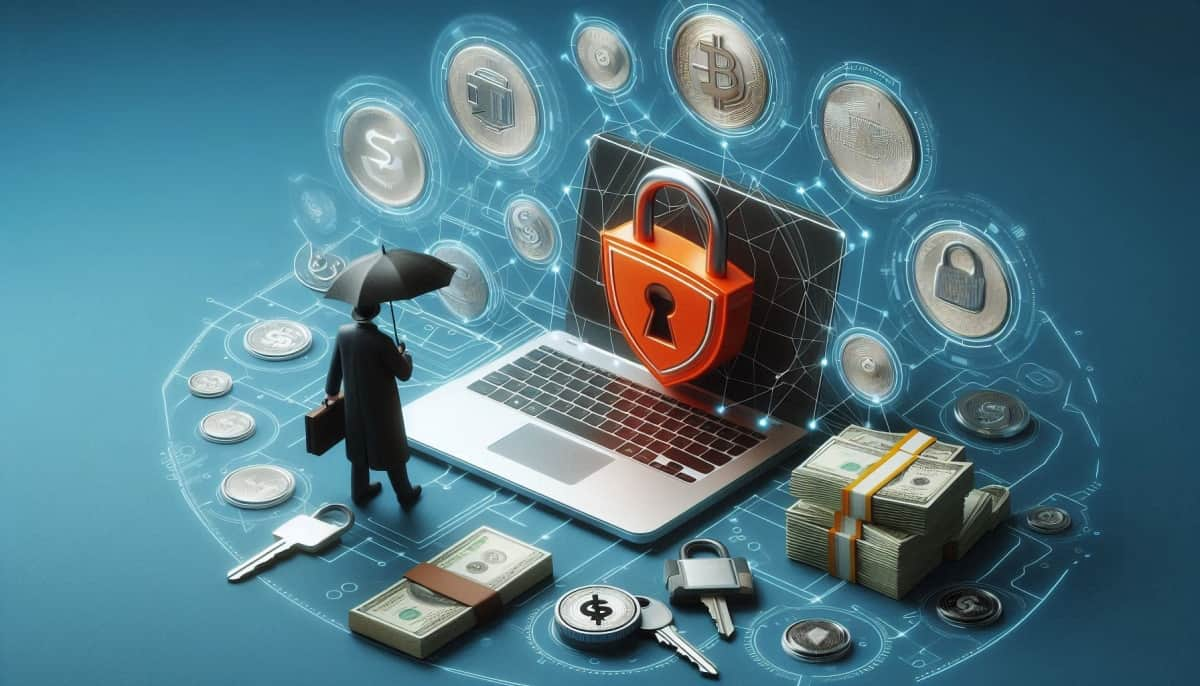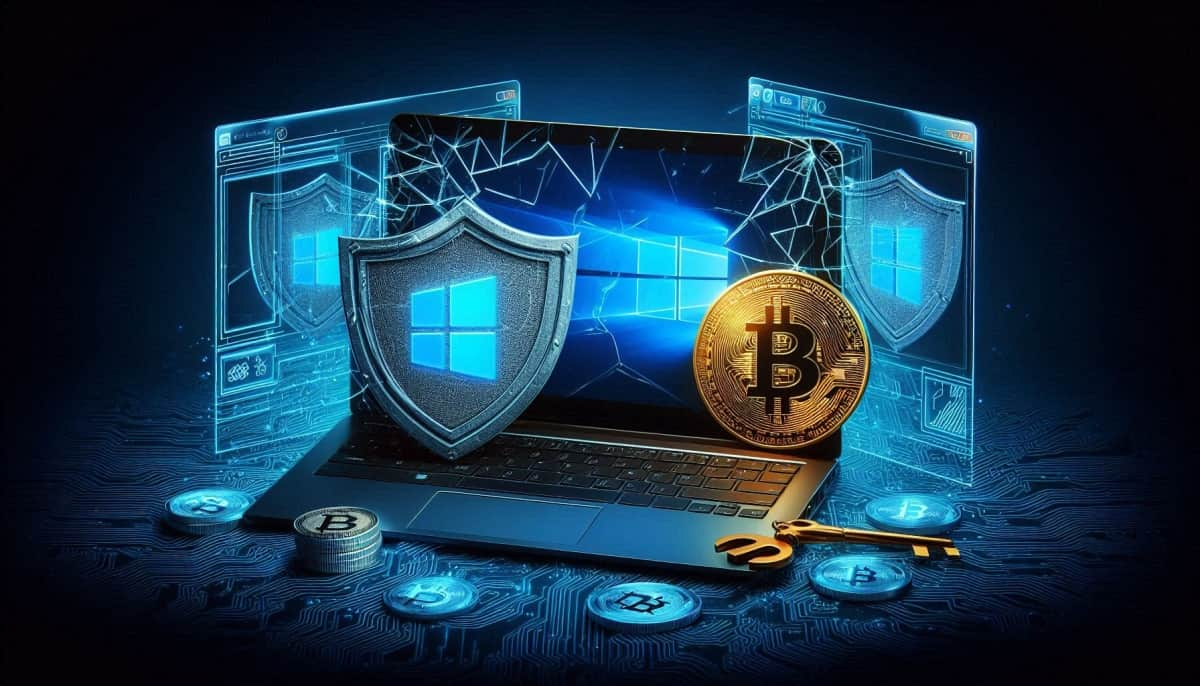BOOK THIS SPACE FOR AD
ARTICLE ADIf you use the Internet, online privacy should be a growing concern as individuals share more personal information on various platforms. This article explores the importance of privacy, the risks of neglecting it, and how VPNs can help protect your data.
In an age where digital technology permeates every aspect of our lives, online privacy has become an increasingly critical concern. As individuals continue to share vast amounts of personal information across various online platforms, the risk of unauthorized access, data breaches, and surveillance has grown exponentially.
The concept of online privacy revolves around the control individuals have over their personal information and the ability to protect it from misuse by third parties. However, as digital footprints expand, so too does the challenge of maintaining privacy in an interconnected world.
This article digs deeper into the significance of online privacy, the risks associated with neglecting it, and the role Virtual Private Networks (VPNs) play in safeguarding it.
Understanding Online Privacy
Online privacy refers to the level of control an individual has over their personal information and activities on the internet. This includes details such as browsing history, location data, financial information, and communications.
Online privacy is not merely about keeping certain details hidden; it also involves ensuring that one’s digital interactions are secure and that personal data is not exploited by corporations, hackers, or governments.
The importance of online privacy cannot be overstated. In the digital realm, personal data has become a valuable commodity. Companies collect vast amounts of information about their users, which is often used for targeted advertising, sold to third parties, or analyzed to predict consumer behaviour.
Meanwhile, cybercriminals seek to exploit personal data for financial gain, often through identity theft or fraud. Governments, too, may engage in surveillance activities, sometimes in ways that infringe on citizens’ rights to privacy. For these reasons, protecting online privacy is crucial for maintaining individual autonomy and security in the digital age.
How VPNs Can Help Protect Online Privacy
A Virtual Private Network (VPN) is a tool that can significantly enhance online privacy by creating a secure, encrypted connection between the user’s device and the internet.
When connected to a VPN, all internet traffic is routed through a remote server operated by the VPN provider, masking the user’s IP address and encrypting the data in transit. This makes it much more difficult for third parties, such as hackers or government agencies, to monitor or intercept the user’s online activities.
One of the primary ways a VPN protects online privacy is by obscuring the user’s IP address. The IP address is a unique identifier assigned to each device connected to the internet, and it can be used to track the user’s location and online activities.
By masking the IP address, a VPN prevents websites, advertisers, and other entities from identifying and tracking users based on their IP address.
In addition to masking the IP address, a VPN encrypts data transmitted over the internet. Encryption is a process that converts data into a code that can only be deciphered with the correct decryption key.
This ensures that even if cybercriminals manage to intercept the data, they will be unable to read it. This is particularly important when using public Wi-Fi networks, which are often insecure and vulnerable to attacks.
Moreover, a VPN can help bypass geo-restrictions and censorship, allowing users to access content that may be blocked in their region. By selecting from various VPN locations around the world, users can route their internet traffic through a server in a different location, thereby appearing as though they are accessing the internet from another country.
This feature is especially relevant in countries with strict internet censorship laws, where access to certain websites and services is restricted.
The Consequences of Neglecting Online Privacy
Failure to take online privacy seriously can lead to several negative consequences. One of the most immediate risks is identity theft, where cybercriminals use stolen personal information to commit fraud, such as opening bank accounts or credit cards in the victim’s name. Identity theft can have long-lasting effects, causing financial damage and emotional distress.
Another significant consequence is the loss of control over one’s personal data. When companies collect and store personal information, they create potential vulnerabilities that can be exploited by hackers.
Data breaches are becoming increasingly common, often resulting in the exposure of sensitive information, such as social security numbers, credit card details, and health records. Even without a data breach, companies may misuse personal information, leading to privacy violations and unwanted surveillance.
Moreover, the erosion of online privacy can lead to a chilling effect on freedom of expression. When individuals know they are being monitored, they may self-censor, avoiding the discussion of sensitive or controversial topics. This can stifle open discourse and undermine democratic values.
Actionable Steps to Protect Online Privacy
While using a VPN is a powerful step toward enhancing online privacy, it should be part of a broader strategy. Here are some additional measures individuals can take to protect themselves online:
Use Strong, Unique Passwords: Weak or reused passwords are one of the most common ways cybercriminals gain access to online accounts. Individuals should use strong, unique passwords for each account, ideally consisting of a mix of letters, numbers, and special characters. Password managers can help generate and store these complex passwords securely. Enable Two-Factor Authentication (2FA): Two-factor authentication adds an extra layer of security by requiring a second form of verification, such as a text message or authentication app, in addition to the password. This makes it significantly harder for attackers to gain access to accounts, even if they have the password. Be Cautious with Public Wi-Fi: Public Wi-Fi networks are often unsecured, making it easy for hackers to intercept data. When using public Wi-Fi, individuals should avoid accessing sensitive accounts or transmitting personal information. If necessary, a VPN should be used to secure the connection. Regularly Update Software: Software updates often include security patches that fix vulnerabilities. Failing to update software, including operating systems, browsers, and apps, can leave devices open to attack. Individuals should ensure that their devices are set to update automatically. Limit Data Sharing: Many online services and apps request access to personal information that is not necessary for their function. Users should carefully review privacy settings and limit the amount of data they share with third-party apps and websites. Educate Yourself About Phishing Scams: Phishing is a common tactic used by cybercriminals to trick individuals into revealing personal information. By being aware of the signs of phishing emails and messages, such as suspicious links or requests for sensitive information, individuals can avoid falling victim to these scams.Conclusion
In a world where personal data has become a valuable asset, protecting online privacy is more important than ever. The consequences of neglecting privacy can be severe, ranging from identity theft to the erosion of personal freedoms.
While VPNs offer a vital solution for enhancing online privacy, they are not a panacea. A comprehensive approach, incorporating strong passwords, two-factor authentication (2FA), cautious use of public Wi-Fi, regular software updates, limiting data sharing, and awareness of phishing tactics, is essential for safeguarding personal information in the digital age.
By following these steps, people can better manage their online presence and protect themselves from the many threats that come with being online.
.png)















 Bengali (Bangladesh) ·
Bengali (Bangladesh) ·  English (United States) ·
English (United States) ·